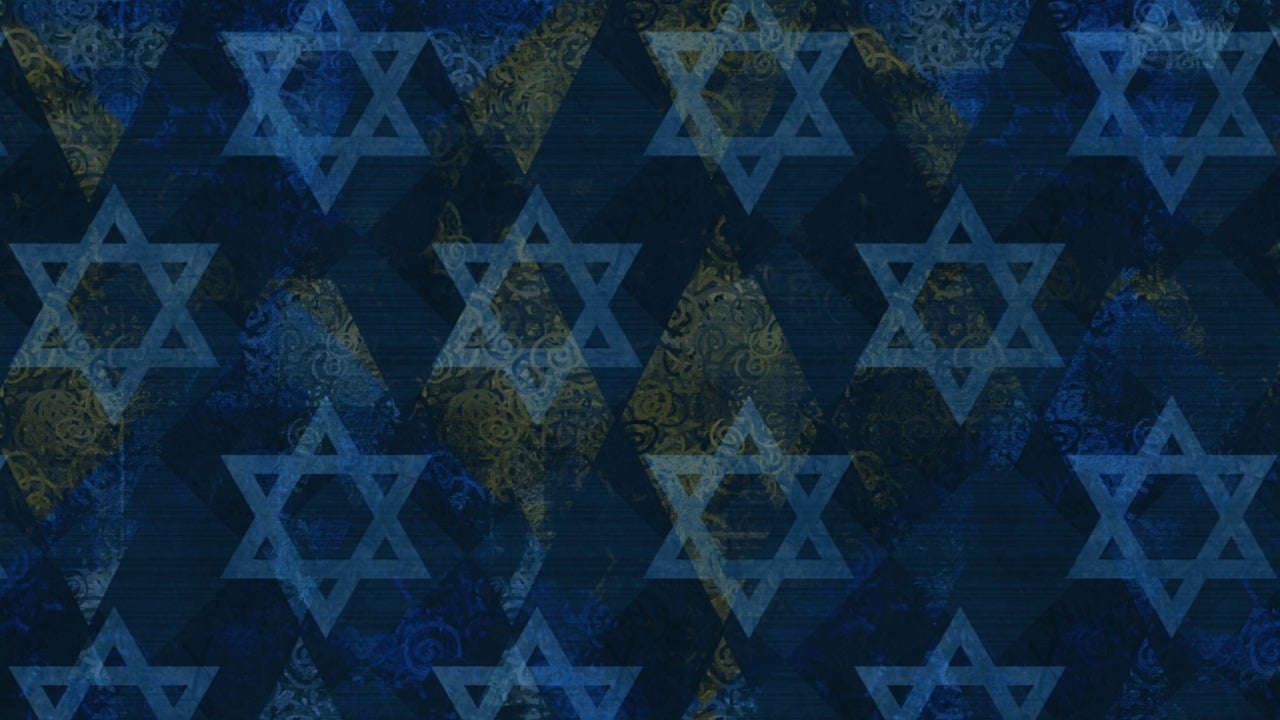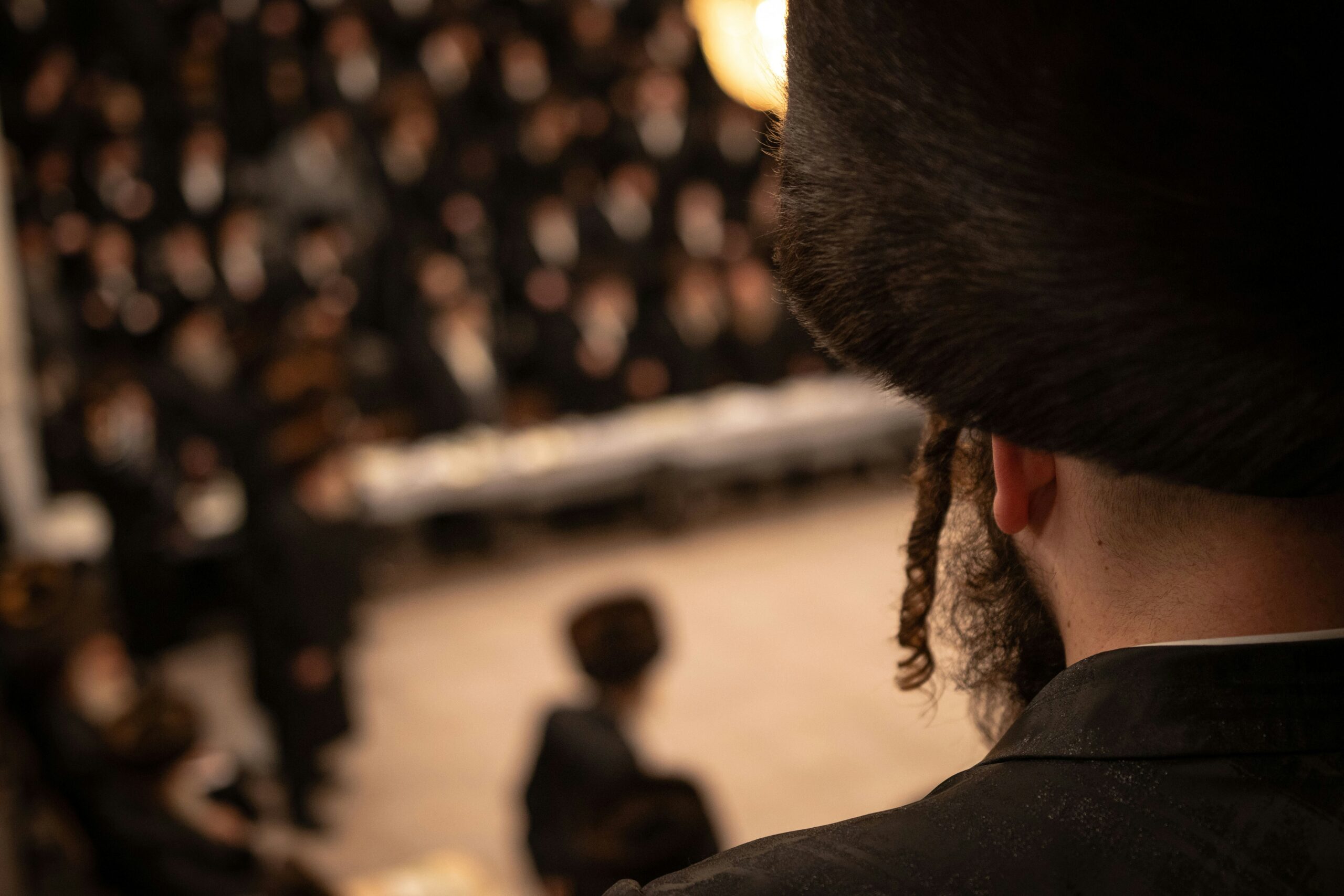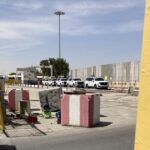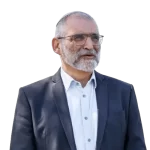The story of Israel’s founding is often told as a triumphant return, a beacon of hope after centuries of diaspora and persecution. But for some within Israeli society, the history is shadowed by a different kind of pain – a deep-seated wound stemming from the early days of the state. It’s a story that speaks of a deliberate campaign, a “spiritual genocide” as it has been called, aimed at transforming deeply religious Jews into a secularized nation. It is time we confronted this painful past and explored the path towards healing.
The Zionist movement, in its zeal to forge a new, secular Israeli identity, actively worked to undermine the faith of traditional Jewish communities. The testimonies and accounts passed down through generations speak of a systematic effort to strip away religious observance in the name of progress and national unity. The plight of the Teheran children, orphaned Holocaust survivors steered away from their Orthodox upbringing towards secularism, remains a potent symbol of this perceived betrayal. Similarly, the experiences of Yemenite and Moroccan Jews, who upon arriving in the nascent state reportedly faced pressure to abandon their traditional practices, resonate with a sense of spiritual dispossession. These were not isolated incidents, but part of a broader agenda, sometimes involving coercion and the denial of essential resources to those who clung to their faith.
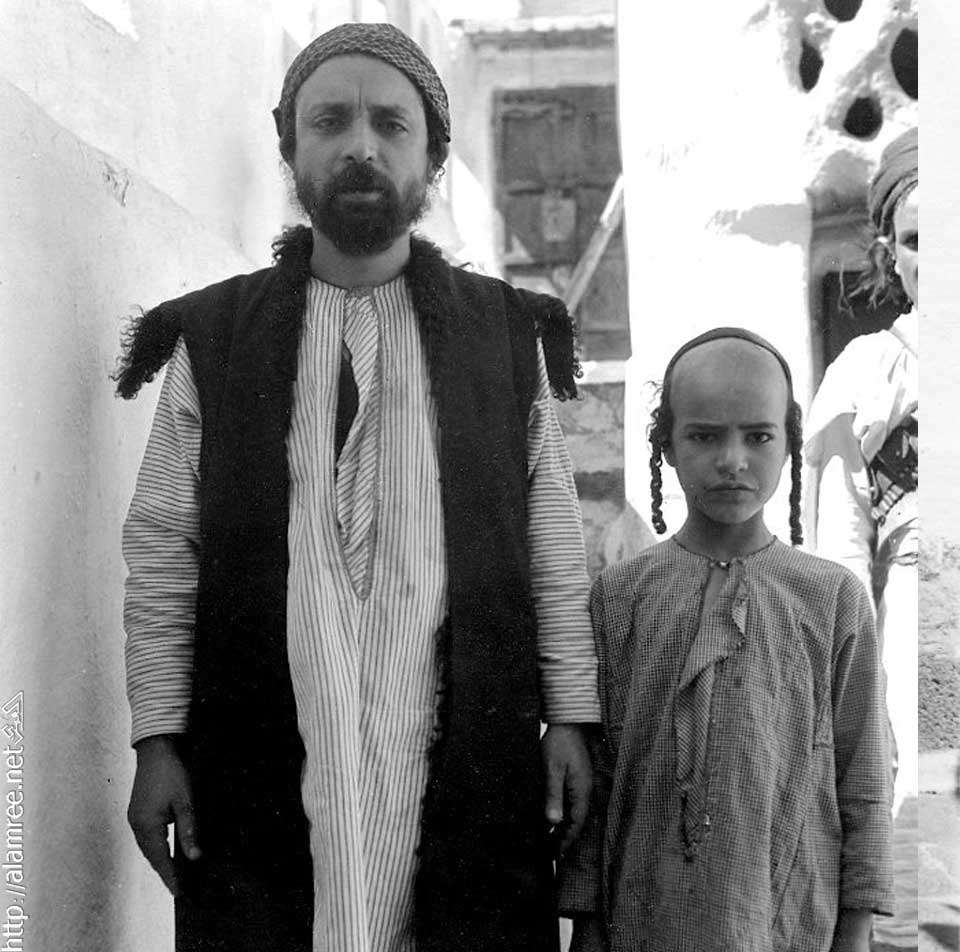
For those who have lived through this or inherited its legacy, the State of Israel is not solely a symbol of redemption. It is also inextricably linked to a profound sense of loss – the loss of spiritual continuity, the erosion of deeply held beliefs, and a feeling that their very essence as religious Jews was under attack. This perspective fosters a deep distrust of state institutions and a sense of alienation from the dominant infra-secular culture. The wounds of the past continue to shape their present, influencing their engagement with Israeli society and their understanding of their place within it.
But the story does not have to end here. As a society, we have a responsibility to acknowledge the pain of the past and actively work towards healing. Here are some concrete steps we can take:
We must begin with formal acknowledgment and a sincere apology. The State of Israel should officially recognize the distress caused to specific religious communities in its early years, explicitly addressing the concerns around the secularization of children and the suppression of religious practices. A heartfelt apology from national leaders can be a powerful first step in validating their experiences.
We need to foster a deeper understanding of our history through re-evaluation and education. This means encouraging thorough academic research into the experiences of all communities during the state’s formation, ensuring these diverse perspectives are integrated into our education system and public discourse. We must be willing to confront uncomfortable truths and challenge dominant narratives.
We must actively support the preservation and flourishing of Jewish religious identity. This includes providing increased resources for Torah institutions, schools, and cultural heritage of these communities. Upholding their religious freedom and autonomy, including their right to manage their own educational systems, is non-negotiable. Publicly celebrating their unique contributions to our nation can foster a sense of belonging and respect.
Where specific grievances exist, such as the unresolved questions surrounding the Teheran children, we must pursue truth and reconciliation. This could involve dedicated initiatives to uncover the truth, provide a platform for testimonies, and explore pathways for restorative justice. Ensuring access to relevant historical archives is crucial for this process.
We can also pursue symbolic reparations. Establishing memorials or museums that specifically acknowledge the experiences of these communities can ensure their history is remembered and honored within our national consciousness. Supporting artistic and cultural expressions that reflect their unique identity can provide a sense of validation.
Ultimately, the path to healing lies in building a shared future based on mutual respect and an inclusive national identity. This requires acknowledging the diverse historical experiences that have shaped Israel and working together to address shared challenges. By confronting the unspoken wounds of the past with empathy and a commitment to justice, we can strive towards a more unified and compassionate Israeli society for all its citizens.

